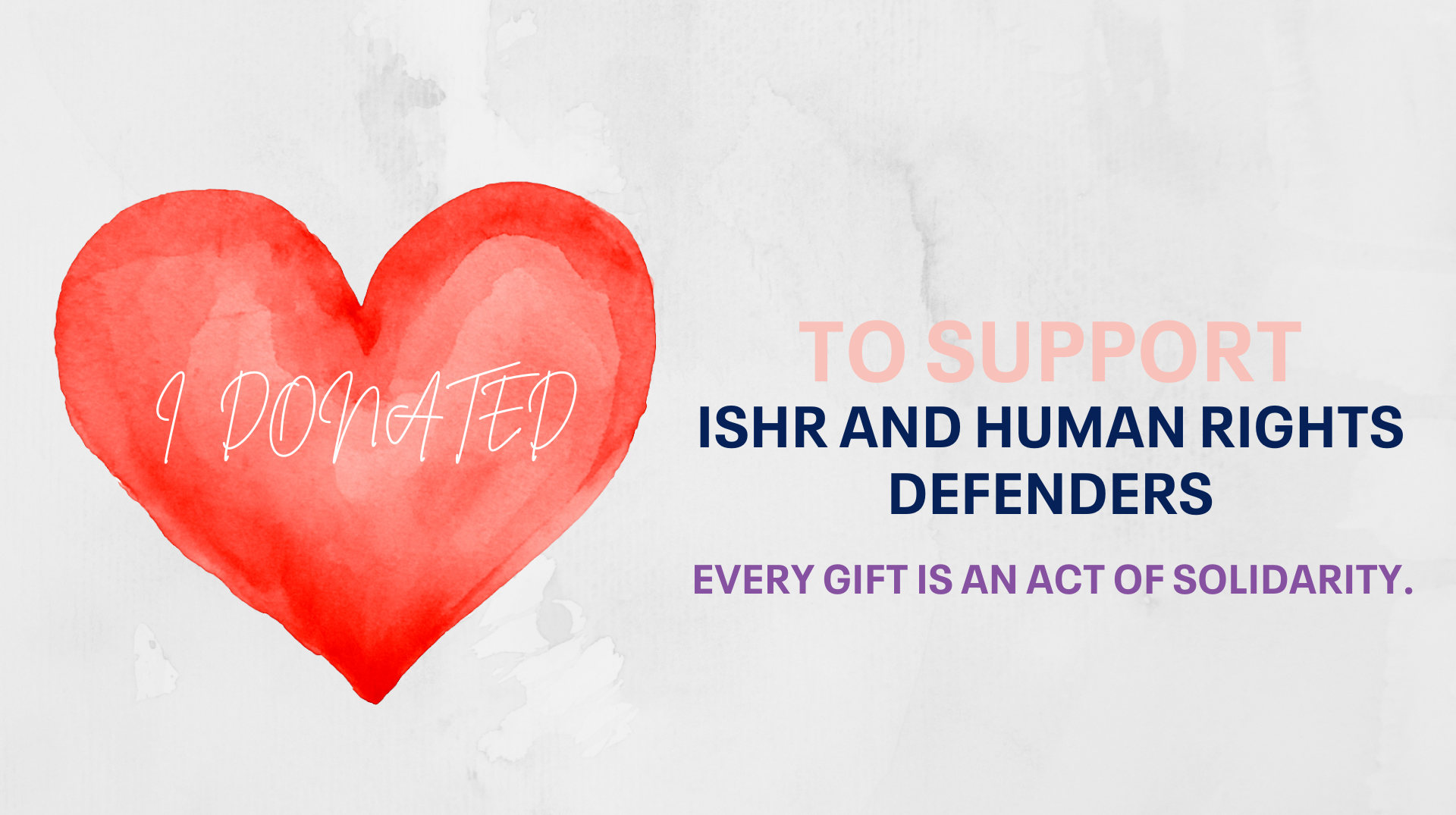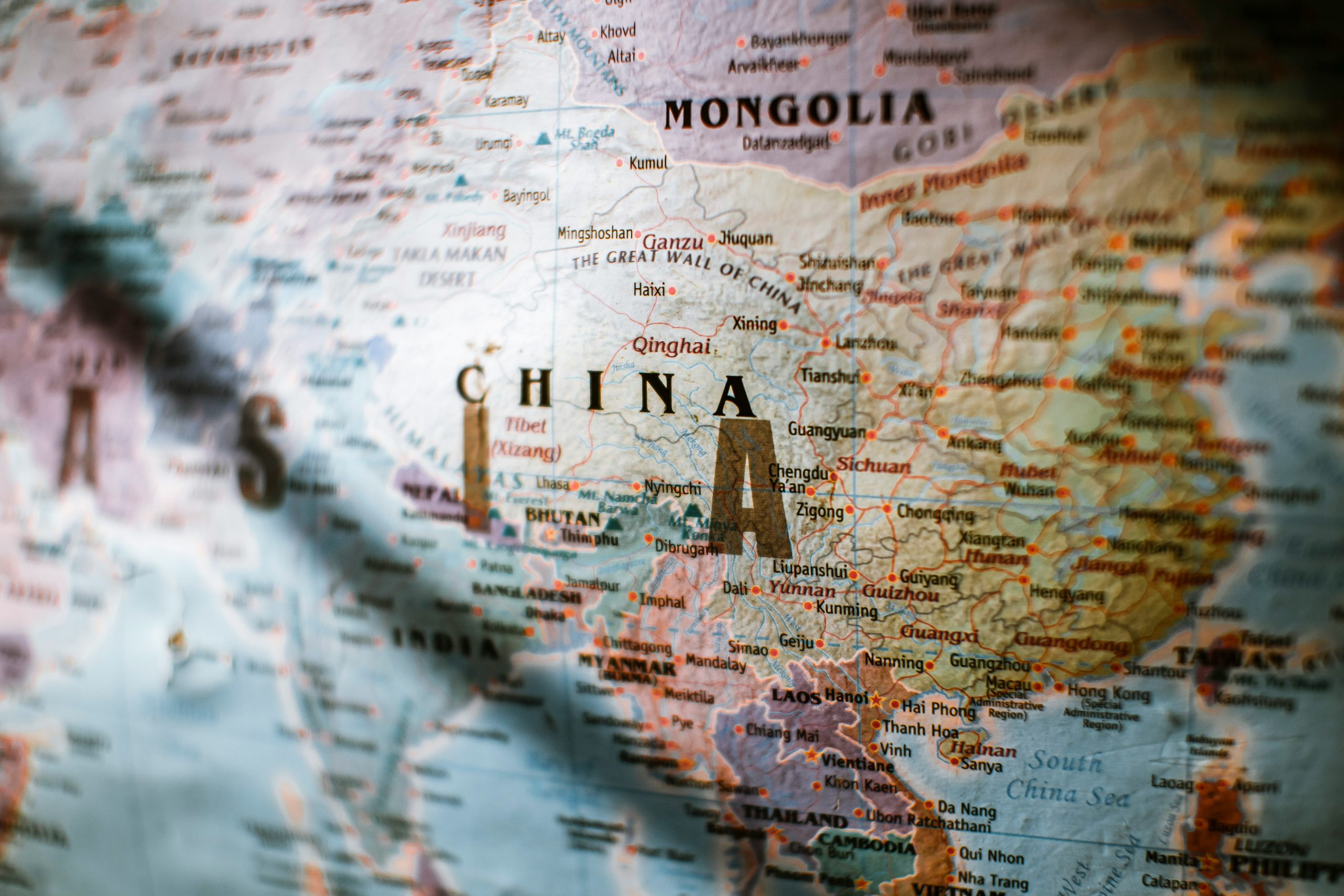
Joint civil society statement on outcomes of the UNGA 80 Third Committee
14 NGOs that closely follow and engage with the General Assembly Third Committee have published a joint statement on outcomes of this 80th session.

What are the secrets of successful human rights campaigns? In many cases, even the most persistent efforts and creative campaigning aren’t enough to overcome powerful state authorities determined to engage in oppressive practices. However, says Human Rights Watch's Jo Becker, some key strategies increase the chances of success.
The human rights movement has helped bring down dictators, reversed longstanding government practices, and transformed public perceptions on fundamental issues. But as with any social movement, some efforts have succeeded, while others have failed.
What are the secrets of successful human rights campaigns? How did families in Muammar Gaddafi’s Libya overcome intimidation by security forces to demand accountability for a prison massacre? How did African and international groups ensure that the former Liberian president Charles Taylor stood trial for war crimes? How did activists in California challenge decades of ‘tough on crime’ legislation?
In many cases, even the most persistent efforts and creative campaigning aren’t enough to overcome powerful state authorities determined to engage in oppressive practices. However, some key strategies increase the chances of success.
Campaigns are more likely to succeed if they don’t put all their eggs in one basket. For example, the Campaign Against Impunity—uniting organizations across Africa with international groups like Human Rights Watch and Amnesty International—used multiple strategies to ensure that Taylor stood trial for war crimes related to his support for rebels in Sierra Leone’s brutal civil war.
When his own presidency of Liberia became embattled in 2003, Taylor was offered asylum by Nigeria to induce him to step down. Despite international acquiescence in the deal, the campaign engaged national and international media, the United Nations Security Council, the European Parliament, and individual governments (notably the US) to urge that Taylor be brought to justice.
Activists filed court cases in Nigeria challenging Taylor’s asylum, pushed President Olusegun Obasanjo to hand Taylor over for trial, and urged the newly elected Liberian president, Ellen Johnson Sirleaf, to request Taylor’s transfer. When Taylor disappeared from his Nigerian villa on the eve of a scheduled meeting between Obasanjo and US President George W. Bush in 2006, activists and members of Congress pressured Bush to cancel the meeting unless Obasanjo apprehended Taylor and turned him over for trial.
The strategy worked. Taylor became the first former head of state since Nuremburg to be convicted of war crimes by an international tribunal. In 2012, Taylor was convicted of war crimes and crimes against humanity for his role in Sierra Leone’s war and was sentenced to 50 years in prison.
Campaigns are more likely to succeed when they bring together a broad range of individuals and groups as a unified voice, with each using its comparative advantage. They are even stronger if they engage unlikely allies that broaden the campaign’s appeal. For decades in California, for example, criminal sentences had grown tougher, with decreasing regard for the nature of the crime or the offender. But in 2012, a coalition won a new law providing juvenile offenders sentenced to life imprisonment without parole a chance for eventual release. In contravention of international law, the United States is the only country in the world that imposes life-without-parole sentences for crimes committed before the age of 18. Across the country, approximately 2,500 inmates are sentenced to die in prison for crimes committed before they were considered mature enough to vote.
Fair Sentencing for Youth pulled together not only human rights groups, law professors, religious leaders, and students, but also former prosecutors, the state prison wardens union, and families of murder victims who were killed by juveniles. Campaign leaders were able to persuade the prison wardens that inmates with no hope of release were more likely to become dangerous to other inmates and to prison guards. While some families of murder victims were outspoken against changing the law, other murder victims’ families expressed the view that the juvenile offenders should have a chance at redemption.
One of the most unlikely allies was the conservative former US House Speaker Newt Gingrich. Gingrich wrote an op-ed article that appeared in a San Diego paper, arguing that while young people are more likely to act on impulse, they often change for the better, and that sentencing juvenile offenders to life without parole was an overuse of incarceration.
The broad range of individuals and groups involved in the campaign brought diverse perspectives and in some cases political ‘cover’ for legislators. After narrow defeats in 2010 and 2011, the campaign won passage of new legislation in 2012, allowing juvenile offenders sentenced to life without parole the chance to petition for their release after serving 25 years.
Many of the best campaigns take advantage of specific events or developments that offer unique advocacy opportunities. In some cases, activists work to keep an issue alive for years, waiting for the right moment to secure change. One dramatic example was the courageous organizing in Libya by family members of 1,200 prisoners who were massacred by security forces at the Abu Salim prison in 1996.
Under Gaddafi, dissent could bring life imprisonment or execution. Virtually all human rights activism was prohibited. In 2004, the prisoners’ families began taking advantage of modest political reforms. They started to speak out about the massacre and press for the truth about what had happened to their loved ones in a way not possible just a few years earlier. They filed complaints in Libyan courts, used newly emerging social media to publicize their demands, and beginning in 2008 organized the first independent demonstrations in Libya in 40 years.
They won unexpected concessions from the Gaddafi government, including an acknowledgement of the massacre, offers of compensation, and official death certificates for the deceased. In 2011, as the Arab Spring began to sweep the Middle East, the families’ spokesman, Fathi Terbil, was arrested. Bolstered by years of organizing and public demonstrations, the families protested Terbil’s arrest, sparking large-scale demonstrations across Libya. Those protests helped bring about the six-month armed uprising that brought down the Gaddafi regime.
Research, investigation, and documentation are among the most powerful tools of human rights advocacy. No movement can succeed without facts to back up its claims. The campaigns for treaties to ban anti-personnel landmines, cluster munitions, and the use of child soldiers, among others, depended on solid research to demonstrate the harmful effects and scale of violations.
As just one example, when activists began in the late 1990s to campaign for a UN treaty to ban the use of children under age 18 as soldiers in armed conflict, they found that some diplomats were skeptical about the severity of the problem. To make their case, advocates undertook research showing that hundreds of thousands of child soldiers were being used in wars in nearly 30 countries. They also provided compelling case studies of children forced to fight in wars not of their own making, as part of a broad-based, global campaign.
The UN subsequently adopted a treaty banning the use of child soldiers that has now been ratified by 150 countries. Since the campaign began, both the number of child soldiers worldwide and the number of countries where they fight has dropped by half.
Not surprisingly, those most affected by human rights violations often make the most effective and credible leaders for change. Some of the world’s most exploited workers won one of the most significant—though under-recognized—human rights victories in recent years. Domestic workers—housekeepers, nannies, and caregivers employed in private homes—number 50 to 100 million globally, but are often excluded from the protections of national labor laws. They face a range of abuses, from long working hours with no days off to sexual harassment or violence from their employers. Some work for months without being paid or get trapped in situations of forced labor and trafficking.
Although the International Labor Organization had recognized as early as 1965 the need for global labor standards for domestic workers, it was only after domestic workers themselves began mobilizing for a minimum wage, rest days, overtime pay, and other rights enjoyed by other workers that laws began to change. Forming their own unions and associations, they won national labor protections in countries like Bolivia, Peru, Tanzania, and South Africa, and in June 2011, secured an overwhelming vote from governments for an international labor rights treaty that assures domestic workers the same labor rights as other workers. The Domestic Workers Convention went into force in September 2013.
No human rights effort succeeds with a single strategy. The most effective use all of the above. Even then, there is no guarantee of success. But the victories of the human rights movement have offered useful lessons about how to achieve real change and protect the rights of the most vulnerable.
Jo Becker is the children’s rights advocacy director at Human Rights Watch and the author of Campaigning for Justice: Human Rights Advocacy in Practice (Stanford University Press, 2013). Follow her on Twitter @jobeckerhrw. A previous version of this article appeared in World Policy blog.

14 NGOs that closely follow and engage with the General Assembly Third Committee have published a joint statement on outcomes of this 80th session.

A big thanks to everyone who is getting behind our fundraising appeal and investing in a better world by supporting human rights defenders!

UN experts report at least 150 defenders, dissidents, members of marginalised groups, and family members targeted by violence, refoulement, legal harassment, and intimidation in cases linked to China and several Southeast Asian States.